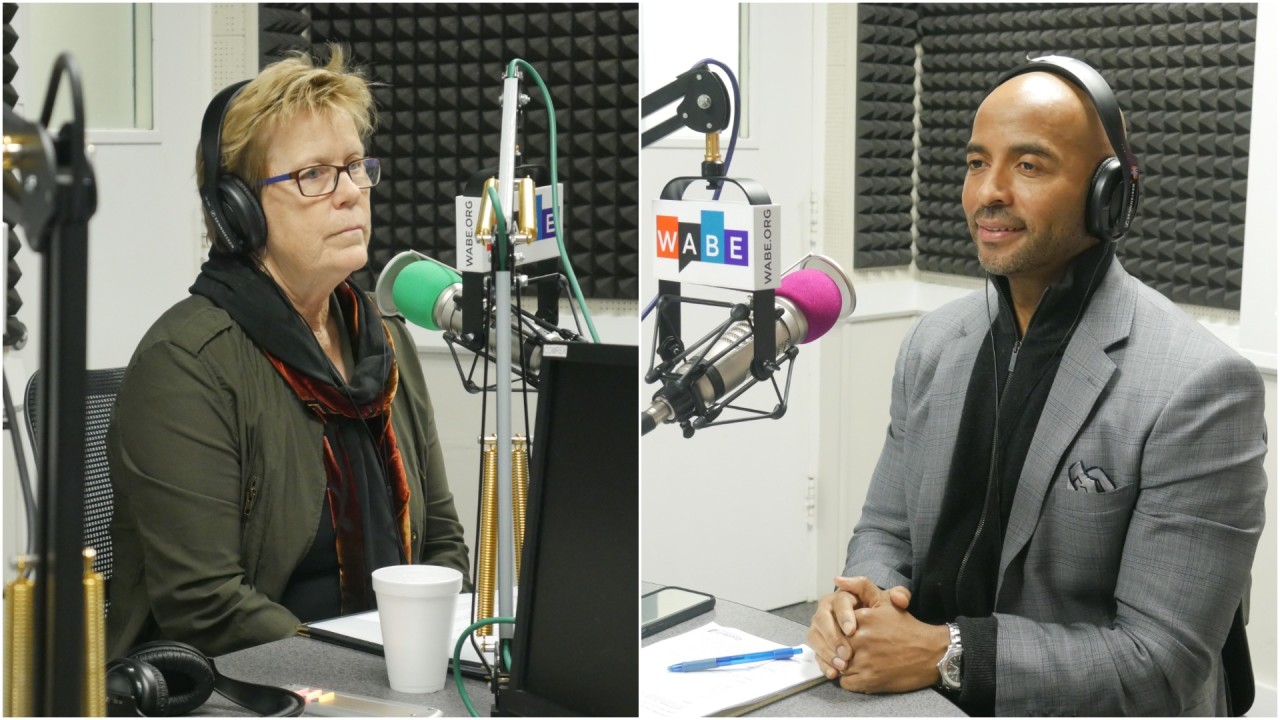Earlier this year, a study from Cleveland State University focused on certain neighborhoods that lacked transit access and what happened after those same neighborhoods gained access. The study revealed, property values increased by 3.5%, and poverty rates fell by almost 13% after 10 years. Also, those neighborhoods saw overall employment climb 3.5%.
As a part of our series “Gridlocked: What’s Moving Atlanta?,” Pam Tatum, president and chief executive officer of Quality Care for Children, and Keith Parker, president and CEO of Goodwill of North Georgia, join “Closer Look” for a conversation about how transit inequities impact workforce development and education.
On the impact of transit on people’s quality of life
“People started to move from these deep suburban areas into town, driving up some pricing and reducing some inventory, but also transit-oriented development means a lifestyle choice that’s a simpler one,” Parker said. “If you live at, or near, a train station that has a grocery store, parks or nice restaurants nearby, you’re not trapped by your car. So, your overall quality of life goes up.”
“I think parents with young children are frequently left out of the conversation. So, in metro Atlanta, we have about 200,000 single women head of households — about 40% of them living in poverty,” Tatum said. “My guess is those are parents with young children, many of whom will rely on public transit to get their children to a quality childcare program and get themselves to work, and oftentimes those two things are in different directions.”










